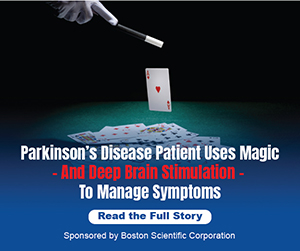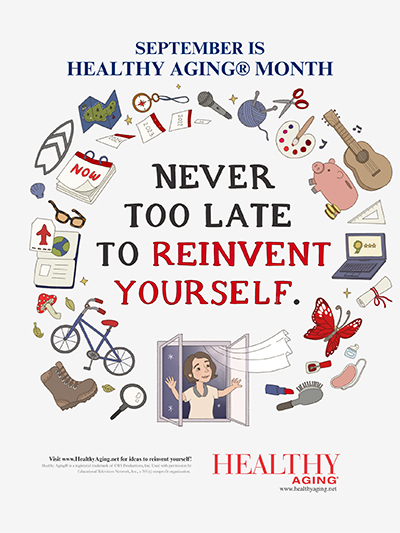
Photo: Deposit Photos
By Dr. Justin Bazan, Doctor of Optometry (OD) and medical advisor to The Vision Council
Healthy lifestyle choices often focus on diet, exercise, and healthy habits like quitting smoking and getting more sleep. More than ever, people are taking steps to protect their heart health, joints, and cognitive function but many everyday habits can also protect our vision health, especially as we age.
The eyes are one of the strongest muscles in the body, and need to be taken care of, just like the heart.
Get an Annual Eye Exam
The first place to start is to make an annual eye exam part of yearly health check-ups. A visit to the optometrist for a comprehensive exam tests more than just eyesight—it tests the overall health of the eye.
Not all eye issues affect vision, so having 20/20 vision isn’t necessarily a clean bill of eye health. An optometrist can potentially catch eye issues before they affect vision and recommend the best treatment options.
Eye exams can also uncover symptoms of other health issues, sometimes before symptoms have appeared in other parts of the body. Diabetes, high blood pressure, and some cancers can all affect the eyes and be detected through an eye exam, making this health check-up important for overall health.
You can find an eye doctor near you and schedule an exam by visiting www.thinkaboutyoureyes.com.
Protecting Your Eyes from the Sun
Protecting vision from the effects of UV exposure is a healthy habit no matter one’s age. Sunglasses are for more than just a day at the beach.
Walking the dog, gardening, and driving all present opportunities for prolonged UV exposure. Possible effects of this exposure in the short-term include sunburned eyes and sensitivity to light, but long-term exposure can increase the risk of cataracts.
Wearing sunglasses that are rated to block 100% of UV rays each time you leave the house is the first step in protecting against this hazard. Even cloudy days present UV risk. Keeping a pair of sunglasses in the car, at work, and in a few spots around the house ensure that they’re always available when needed.
Eating Well
A healthy nutritional diet has vision health benefits, too. Beta-carotene has long been touted as beneficial to eye health, resulting in jokes about rabbits and carrots and eyesight.
However, many vitamins and nutrients can improve and maintain vision health, specifically vitamins A, C, D, E, zinc, and omega-3 fatty acids. They can be found in a variety of foods, from fish to nuts to colorful vegetables to oranges, all of which have health benefits for the whole body too.
Being Mindful of Screen Time
Another lifestyle habit that can affect eyes is screen time. More and more, optometrists are seeing patients suffering the effects of society’s use of smartphones, tablets, and computers, known as digital eye strain.
Digital eye strain brings many people to the eye doctor for the first time, wondering if they need glasses after suffering blurry vision, headaches, and other vision changes after a day of staring at a computer screen.
The long-term effect of this screen time on vision is not yet known, but taking regular breaks from the screen can go a long way in alleviating these symptoms. The 20-20-20 rule is recommended by the AOA: every 20 minutes, focus on a point 20 feet away for 20 seconds. This gives the eyes a break from the light from the screen as well as from constant focusing on something a few feet away.
The eyes we have are the only ones we get. Taking care of them is a life-long task, but there are many habits and lifestyle tweaks that can help promote healthy vision and overall eye health.
Diet, UV protection, and combating digital eye strain are all everyday steps people can take to protect their vision throughout their life.
Annual eye exams with an optometrist can help catch vision changes or health issues early, often leading to better treatment and correction options. Vision and eye health allow us to enjoy every aspect of life—from a scenic landscape on vacation to time with loved ones, our vision allows us to live life to the fullest.










